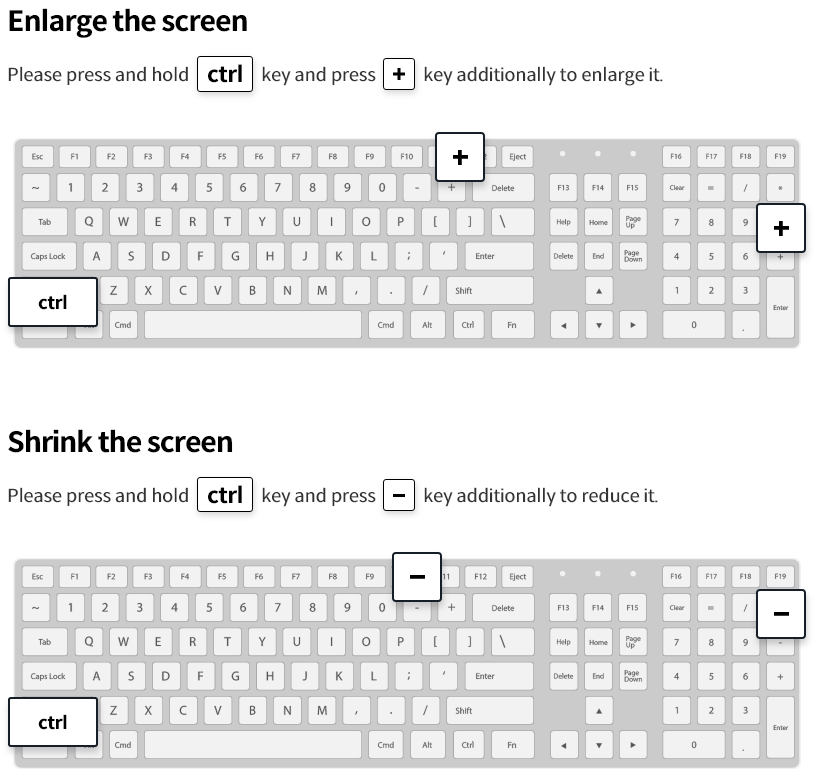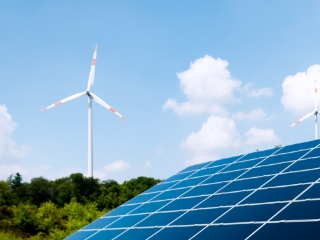The Export-Import Bank of Korea (www.koreaexim.go.kr, Chairman Lee Duk-hoon, "Korea Eximbank") announced on June 20 that the completion ceremony for the 'Vietnam Ninh Binh Solid Waste Disposal Sanitary Landfill', funded by EDCF*, was held at the site of the facility in Vietnam's Ninh Binh Province.
* The Economic Development Cooperation Fund (EDCF) was established by the Korean government in 1987 to promote economic exchanges with the developing world and to assist developing countries in achieving industrialization and economic stability through the provision of long-term, low-interest credit. Korea Eximbank currently manages the fund as its trustee.
About 300 people took part in the ceremony, including Chairman of Ninh Binh Provincial People's Committee Bui Van Thang, officials from Vietnam's Ministry of Finance and Ministry of Planning and Investment, Korean Ambassador to Vietnam Jeon Dae-ju, and Director General Kim Young-seok of Korea Eximbank's Hanoi Representative Office.
The Ninh Binh Solid Waste Disposal Sanitary Landfill Project consists of a sanitary landfill and a 200-ton-per-day composting facility applying Korea's waste disposal technology.
The Korean government has funded USD 21 million out of the total project cost of USD 26 million in the form of an EDCF loan.
Ninh Binh Province, famous for its majestic natural scenery including that of Tam Coc and Trang An, has been developing economically and attracting more and more tourists, but until recently lacked the facility to deal with the resulting increase in the volume of waste.
The sanitary landfill is expected to not only contribute to the health of residents by preventing pollution of the soil, water, and air in the region, but also boost regional economic development by producing fertilizer for use by local farmers.
As of June 20, Korea Eximbank has supported 49 projects in Vietnam with USD 1.9 billion, of which USD 323 million (or 17%) went to environmental projects.


